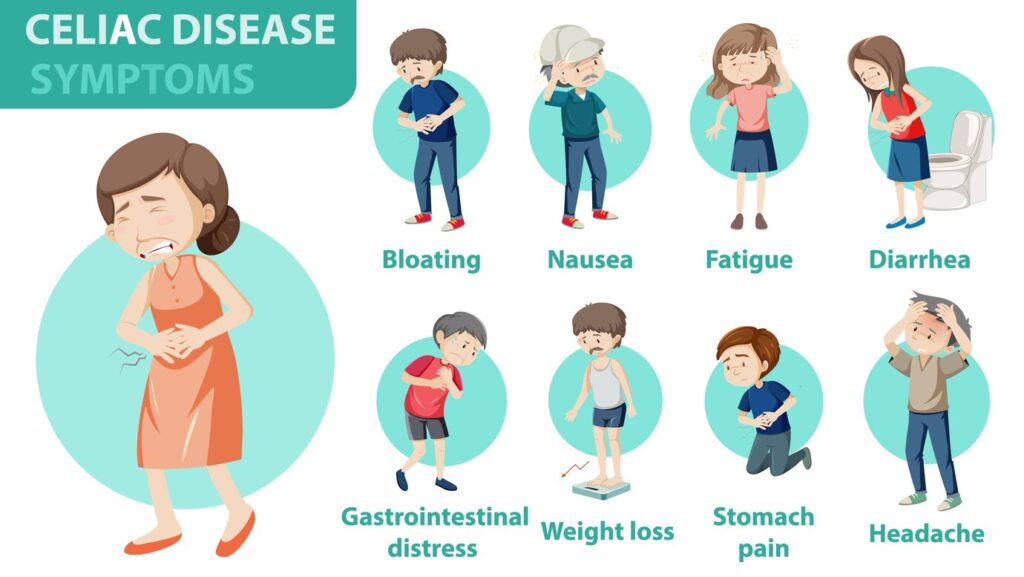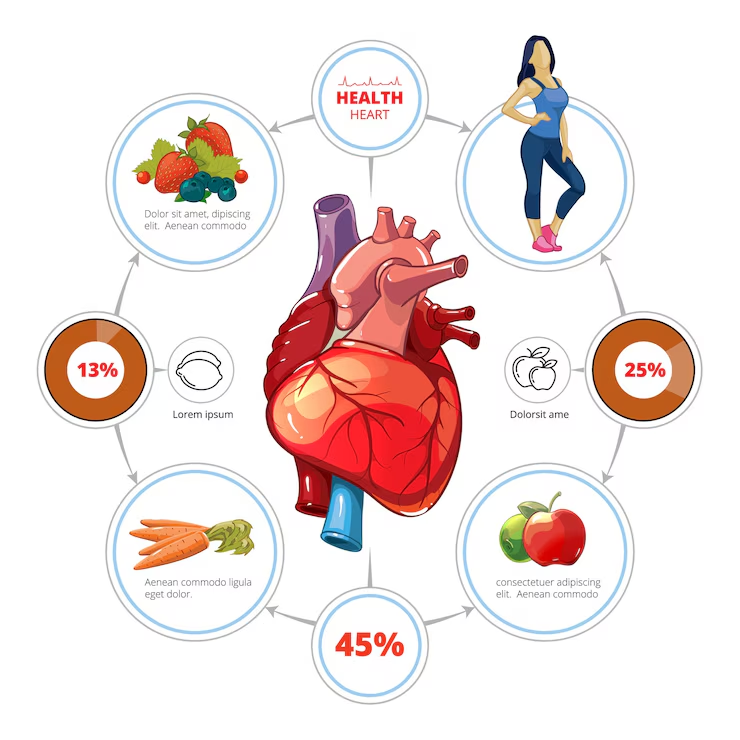Introduction
Chronic diseases such as heart disease, diabetes, and obesity are significantly influenced by high-calorie diets. These conditions not only diminish the quality of life but also pose a substantial burden on healthcare systems. To mitigate these risks, adopting a comprehensive strategy focused on diet and lifestyle is essential. This article outlines the best strategies for avoiding chronic diseases associated with high-calorie diets, emphasizing practical steps and sustainable habits.
Understanding High-Calorie Diets and Their Impact
Calorie disease typically includes foods rich in fats, sugars, and processed ingredients. These diets contribute to excess calorie intake, leading to weight gain and an increased risk of chronic diseases. The body’s metabolism, blood sugar levels, and cardiovascular health are all adversely affected by consistently consuming more calories than are burned.
Table of Contents
Key Components of a High-Calorie Diet
- Processed Foods: These often contain high levels of sugars, unhealthy fats, and additives.
- Sugary Beverages: Drinks like soda and energy drinks add significant calories without nutritional benefits.
- Fast Food: Often high in fats, sugars, and sodium, fast foods are a major contributor to calorie overload.
- High-Fat Dairy Products: While some fats are healthy, excessive intake of saturated fats can be harmful.
Effective Dietary Strategies to Avoid Chronic Diseases

1. Embrace Whole Foods
Whole foods are low in calories, very nutritious, and undergo little processing. Fruits, vegetables, whole grains, lean meats, and good fats are a few of these. Including whole foods in your diet gives you essential vitamins and minerals and helps control your calorie consumption.
Benefits of Whole Foods
- Nutrient-Dense: Rich in vitamins, minerals, and antioxidants.
- Low in calories: helps maintain a healthy weight.
- Improves Digestion: High in dietary fiber, it aids digestive health.
2. Prioritize Plant-Based Diets
Foods produced from plants, such as fruits, vegetables, nuts, seeds, oils, whole grains, legumes, and beans, are the main focus of plant-based diets. These diets are excellent for avoiding chronic illnesses since they are naturally high in nutrients and low in calories.
Key Aspects of Plant-Based Diets
- High fiber content improves satiety and reduces overall calorie intake.
- Rich in antioxidants, it helps reduce inflammation and oxidative stress.
- Heart Health: lower risk of cardiovascular diseases due to reduced intake of saturated fats.
3. Monitor Portion Sizes
Controlling portion sizes can significantly reduce calorie intake. It’s not just about what you eat, but also how much you eat. Eating larger portions can lead to a calorie surplus, even if the food choices are healthy.
Tips for Portion Control
- Use Smaller Plates: Tricks your brain into feeling satisfied with less food.
- Measure Servings: Be aware of the actual serving size of foods and drinks.
- Mindful Eating: Eat slowly and without distractions to better recognize fullness cues.
4. Reduce Sugar Intake
Excessive sugar consumption is a major contributor to high-calorie diets. Reducing sugar intake can help control weight and reduce the risk of chronic diseases such as diabetes and heart disease
Ways to Cut Down on Sugar
- Avoid Sugary Beverages: Opt for water, herbal teas, or black coffee.
- Read labels. Be mindful of hidden sugars in processed foods.
- Natural Sweeteners: Use alternatives like stevia or monk fruit in moderation.
Lifestyle Changes to Support a Healthy Diet

1. Regular Physical Activity
Exercise is crucial in maintaining a healthy weight and reducing the risk of chronic diseases. Combining aerobic exercises, strength training, and flexibility exercises offers comprehensive health benefits.
Exercise Recommendations
- Aerobic Exercise: At least 150 minutes of moderate-intensity or 75 minutes of high-intensity exercise per week.
- Strength Training: Exercises targeting all major muscle groups at least twice a week.
- Flexibility and Balance: Activities like yoga or Pilates to improve overall physical function.
2. Stay Hydrated
Drinking adequate water is essential for overall health and can aid in weight management. Water helps control appetite and prevents overeating by promoting a feeling of fullness.
Hydration Tips
- Daily Intake: Aim for at least 8–10 glasses of water a day.
- Infused Water: Add natural flavors like lemon or cucumber to make water more appealing.
- Consistent Hydration: Drink water throughout the day rather than all at once.
3. Get Adequate Sleep
Poor sleep can negatively impact metabolism and appetite regulation, leading to weight gain and increased calorie consumption. Ensuring sufficient and quality sleep is vital for maintaining a healthy diet and overall well-being.
Sleep Hygiene Practices
- Regular Schedule: Go to bed and wake up at the same time each day.
- Sleep Environment: Create a comfortable and dark sleeping environment.
- Limit Screen Time: Avoid screens an hour before bed to improve sleep quality.
4. Manage Stress
Chronic stress can lead to unhealthy eating habits and weight gain. Effective stress management techniques can help maintain a healthy diet and prevent chronic diseases.
Stress Reduction Techniques
- Mindfulness and Meditation: Practice regularly to reduce stress levels.
- Physical Activity: Exercise is a natural stress reliever.
- Social Support: Engage with friends and family for emotional support.
Conclusion
Avoiding chronic diseases caused by high-calorie diets requires a multifaceted approach involving dietary changes, lifestyle modifications, and regular monitoring. Emphasizing whole foods, plant-based diets, portion control, and reducing sugar intake are key dietary strategies. Coupled with regular exercise, adequate hydration, sufficient sleep, and stress management, these practices form a comprehensive strategy for maintaining health and preventing chronic diseases.
